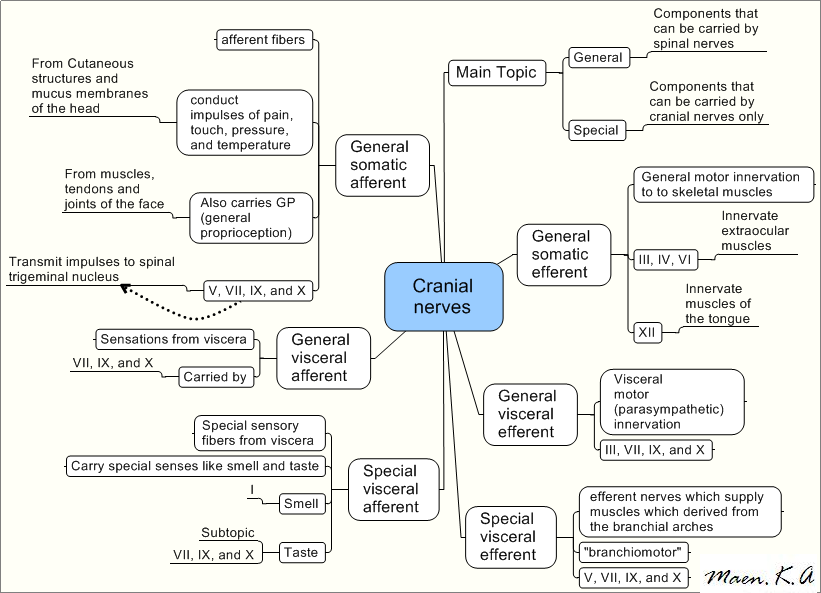Regardless of academic achievements, everyone needs tips on how to study for exam time.
In this article, you will find everything from tips for exam preparation and how revision can reduce exam stress to studying productively and how to reduce exam stress.
Whether you or your child is in primary school, preparing for Matric finals or at university, these tips and techniques will help to achieve results while offering a holistic approach to the concept of tests and exams.
Want to give private lessons?
Join the Superprof community and share your knowledge with inquiring and motivated students.
Manage Fear
Many students are prone to untold fear and anxiety during exams which can even lead to panic attacks. If this is you, you are not alone and with so much pressure on young people today to have the future all laid out before they get there, who could blame you?
The remedy? Instead of allowing fear to take root or fighting anxiety, imagine the worst-case scenario.
Still alive, right?
Failing an exam does not mean that you are a failure or that your future is doomed. Having said this, why not find out how to reduce exam stress and thus begin studying productively?
Once you have the fear of failure in its place focus on finding tips for exam preparation that will help you to be organised, manage your time and stay calm.

Join the conversation: coping with exam failure.
Master Time Management
Look around and you will notice that the most successful academics are not the ones who necessarily spend hour after hour swotting. Rather, they are the ones who have mastered the art of studying productively.
But what does that mean?
It could mean staying on top of tips on how to study for exam time. It could also mean choosing to study at times of the day when they are generally most alert and scheduling other activities in between. Usually, it means they enjoy a balance of leisure, social and academic time.
If you’re searching tips for exam preparation make sure that you find out how to cope while waiting for results too.

Take Scheduled Breaks
Studying productively means that you know when to take scheduled breaks. Doing so will help you to stick to your timetable because you know there is always a reward at the end of a session.
One of the best tips for exam preparation and also ways to beat procrastination when studying for exams is to stick to your timetable and take breaks as scheduled.
Exercise, Sleep and Food
Studying productively is about more than just books. It’s about ensuring that your general feeling of well-being is taken into consideration too. When you feel healthy, everything seems manageable. If you’re looking for tips on how to study for exam time, make sure that you are looking after yourself. Eat healthily, sleep enough, drink water and exercise regularly.
So if you have all of that under control, the next thing you may be wondering is how can revision reduce exam stress. There are several reasons for that which are unpacked further down, in the meantime be sure to save the article on top tips for waiting on exam results.
Want to give private lessons?
Join the Superprof community and share your knowledge with inquiring and motivated students.
How to Reduce Exam Stress: Start a Study Group
How can revision reduce exam stress?
One of the best tips on how to study for exam time is really simple: find a study group.
As a fairly new trend in education, collaborative learning means that students who all have different strengths join forces to focus on the material and support each other.
By sharing the load and experience it can greatly reduce the burdens associated with exam time.
If you want to know how to reduce exam stress, be careful not to let these sessions turn into socials where a lack of focus, brainstorming and discussion is at the forefront.
How Can Revision Reduce Exam Stress?
One of the most daunting tasks about studying is the endless amount of information to take in and summarise. In a group, these tasks can be divided up so that there is more room for discussion and revision.
One of the best tips on how to study for exam time is to study with consistency throughout the year instead of leaving everything to the last minute. This is called intelligent study. In effect, by the time your main exam arrives you are simply revising instead of learning for the information for the first time. When it comes to how can revision reduce exam stress – this is it.
By the time exam time rolls around, you will only need your summaries and mind maps to help refresh your memory and give you time to learn new information that has recently been handed out.
These are only some of the ways to manage exam stress.

Make Use of Past Exam Papers
One of the more well-known tips for exam preparation is going through past papers. Not only is it a good exercise in terms of practising how to finish a paper within the allocated time, but it also provides insights into the types of questions asked. Going through past papers will give you a good idea of how difficult some questions can get.
It is helpful in the study group to answer an old paper under the same kind of conditions that you can expect. Find out from your teacher if they are willing to mark it for you and discuss your results as a group. Doing so will help you to isolate your weaknesses in the subject and help you to formulate strategies for combatting them.
How to Keep Calm on Exam Day
Being well-prepared for an exam goes a long way, but if you are unable to keep your cool on the day, you could run the risk of reading a question incorrectly which could lead to failure.
Make sure that you have not left everything to the last minute and that you are not overstimulated the night before the exam. Eat well, avoid stimulants and try to include something fun to do the day before an exam.
These, of course, are good habits to include in all areas of your life so that you can stay centred no matter what is thrown at you.
Finally, here is a summary of tips that should prove helpful for doing your best on exam day.
- Go to sleep early the night before: Revision means that you are simply going over what you have already learnt. So if you have been studying all year, you need not stay up the whole night before an exam cramming in new information. Besides that, cramming is not helpful and you’ll find that you won’t retain the information for a long time. It is far wiser to pace yourself, get your sleep and be fresh on the day.
- Read the exam questions carefully: understand the question properly or risk losing marks. How questions are worded can potentially cost students valuable marks and even be the difference between an A and a B. Furthermore, allocate more time for essay writing and only a few minutes for multiple-choice questions.
- When stuck, move on: Sometimes, a question can cause you to just draw a blank. If that happens, move on and come back to the question later. You will probably find that the answer is somehow clearer once you have had some distance from it.
- In case of panic, simply breathe: Panic attacks cannot be overcome through sheer will; they are the body’s physical response to emotional and mental distress. If you feel intense anxiety or panic, practice a breathing technique of your choice, like in for four, hold for four, out for four or something that suits you.
Finally, if you feel that your paper has been incorrectly evaluated, talk to your teacher and request a remark if necessary. It is not impossible for marks to be tallied incorrectly resulting in failure when the student has in fact, passed.
If this was not the case, ask your teacher to work through the paper with you and find out if there is an opportunity in the future for you to re-take the exam.
Above all, remember that your exam results are not the end or beginning of the world and they do not define who you are. If the worst happens, make sure you read how to cope with exam failure and never give up on your dreams.
Want to give private lessons?
Join the Superprof community and share your knowledge with inquiring and motivated students.
Summarise with AI:





